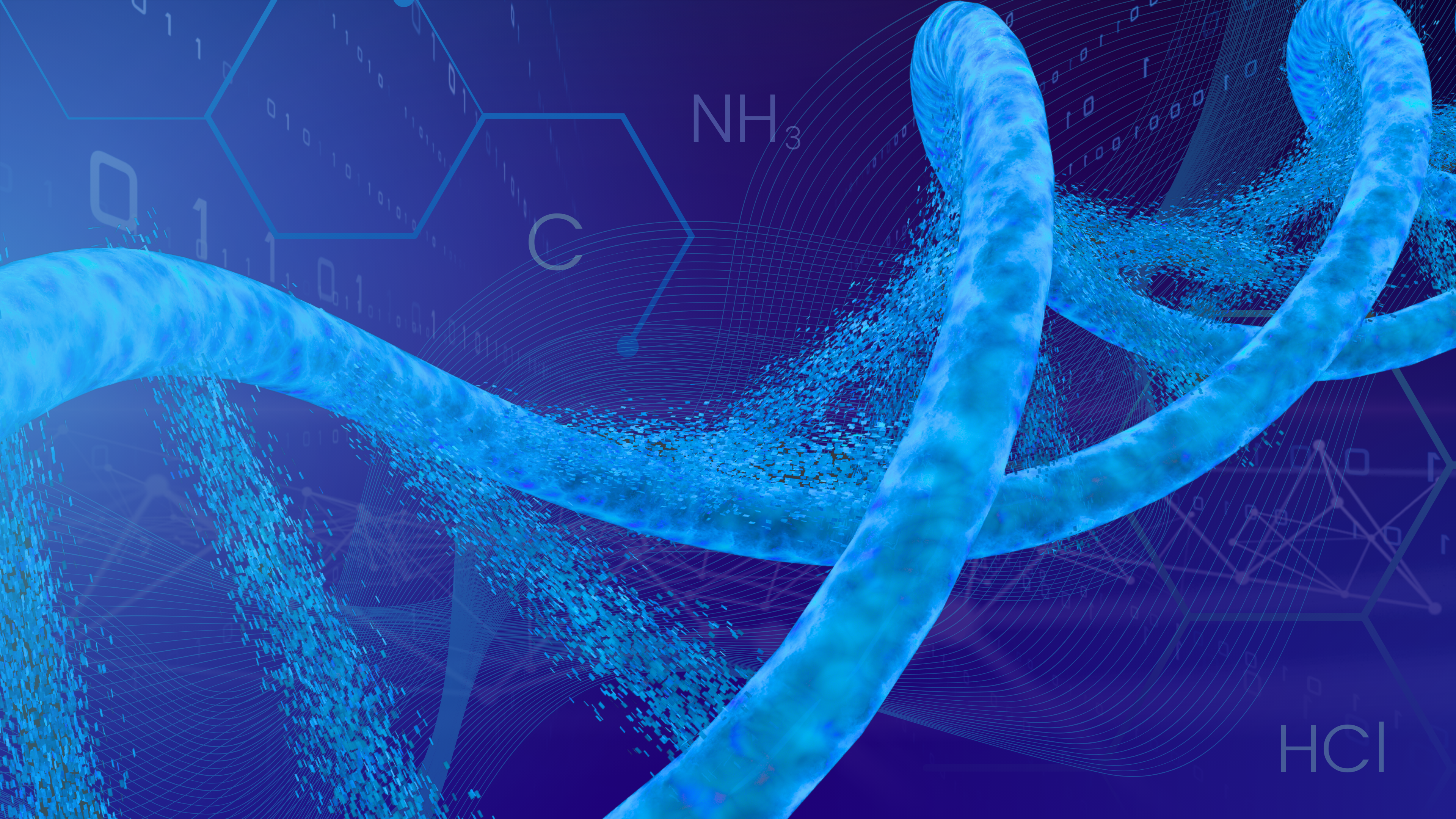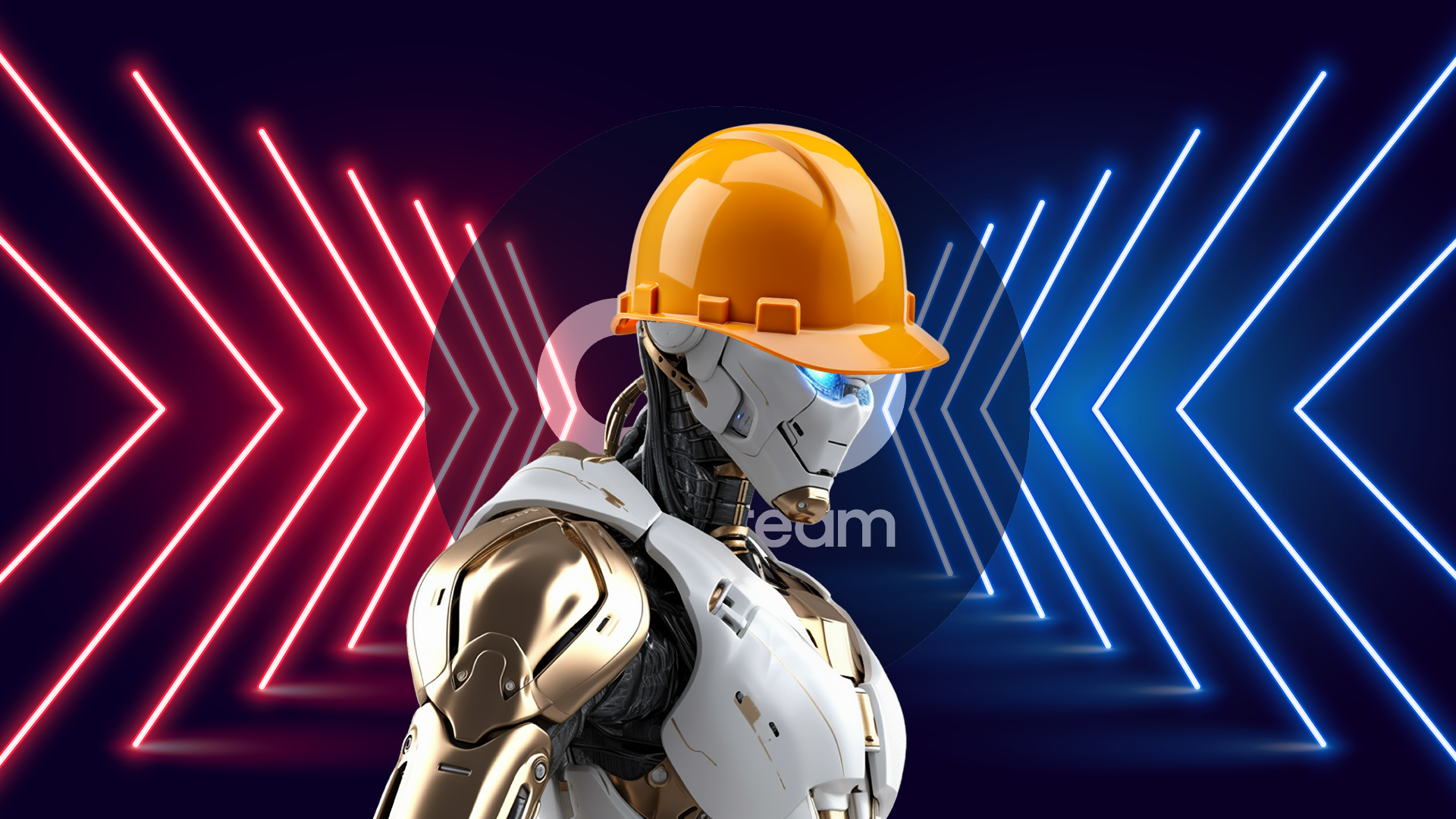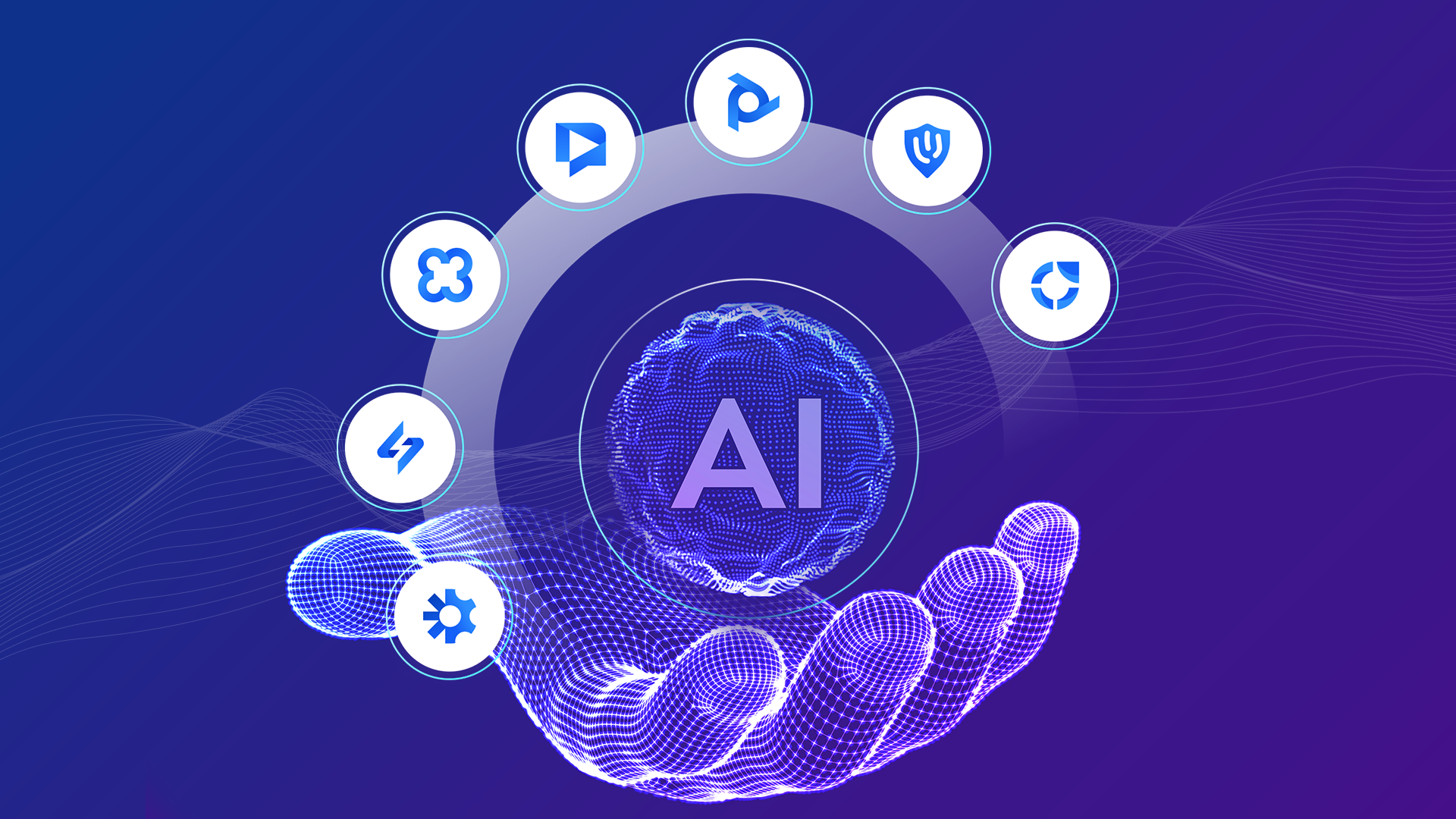The Journey into Tomorrow's AI
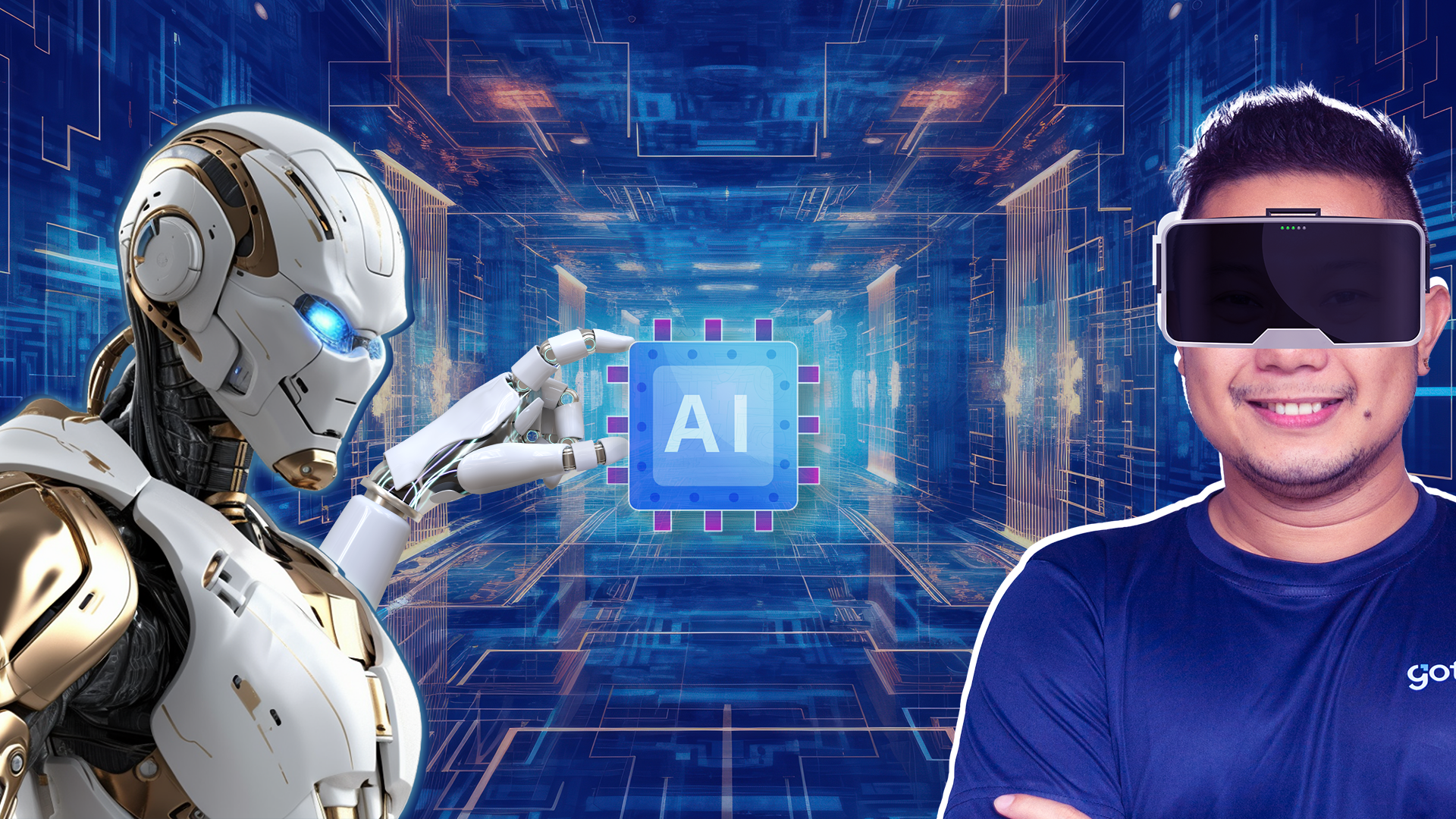
Will AI replace jobs, augment them, or redefine industries altogether?
While some fear job displacement, others see AI as a catalyst for innovation and productivity. So, what does the future have in store for people and technology to harmoniously work together?
1. Increased Intelligence
A study by Accenture found that AI could boost labor productivity by up to 40% by 2035, unlocking new opportunities for growth and innovation. Rather than replacing human workers, AI is augmenting their capabilities across various industries. By automating repetitive tasks and providing valuable insights, AI enhances productivity and efficiency.
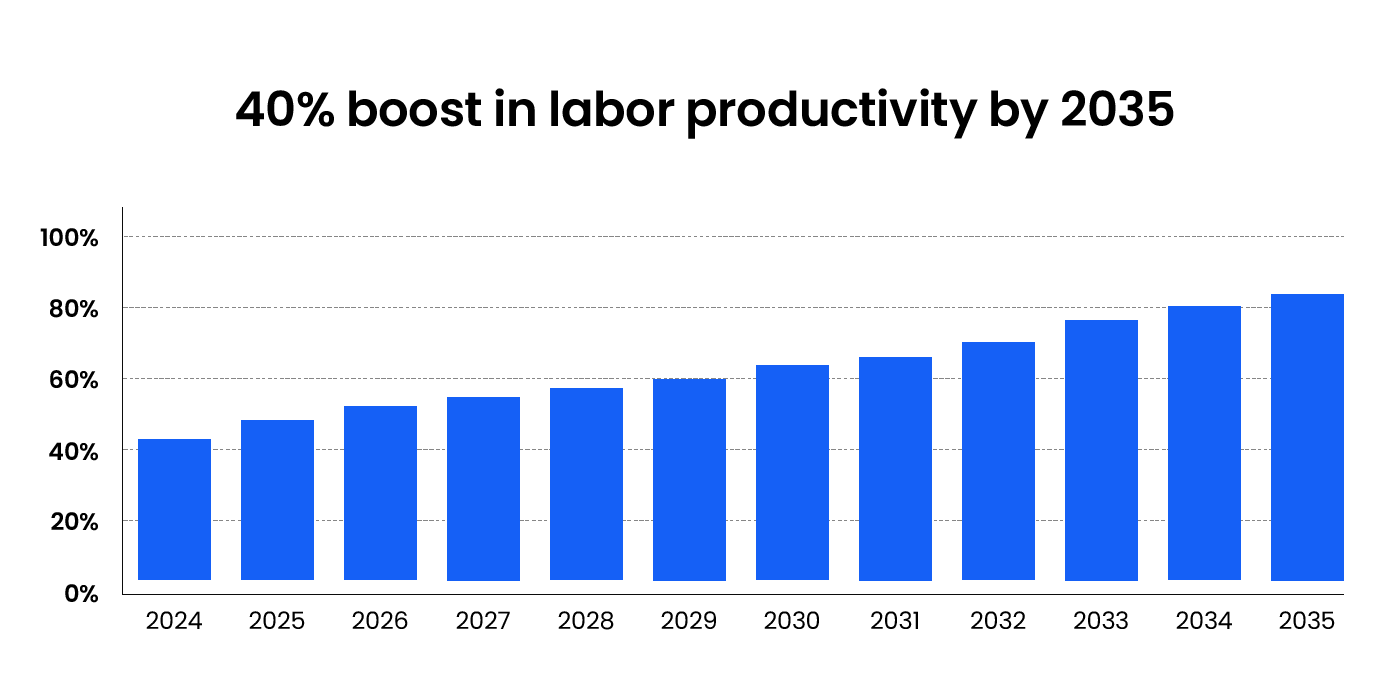
2. Job Transformation
According to the World Economic Forum, AI is expected to create 133 million new jobs by 2022, even with significant shifts in skill requirements.
As AI technologies become more integrated into workflows, specific job roles are undergoing transformation. For example, in the healthcare sector, AI-powered diagnostic tools are changing the roles of healthcare professionals, enabling them to focus more on patient care and complex decision-making.
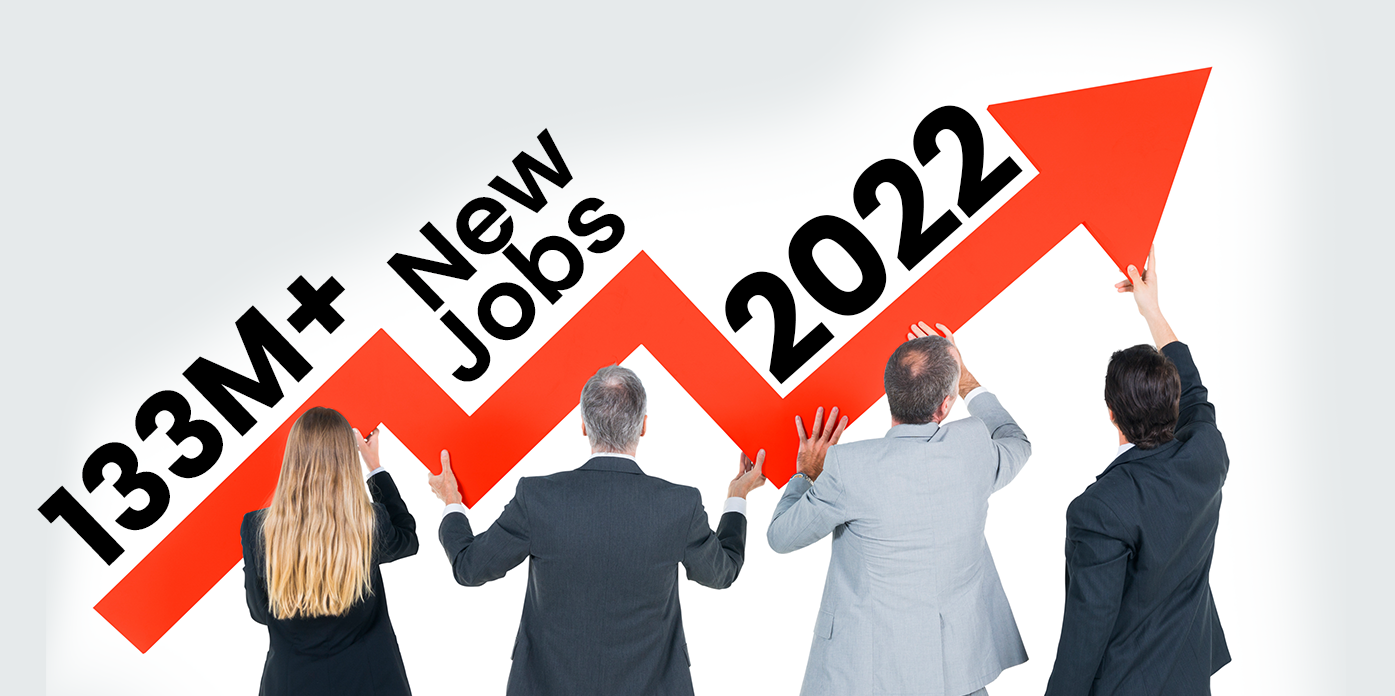
3. New Job Opportunities
AI is paving the way for massive new job categories and industries. Roles such as AI ethicists, AI prompt engineers, data scientists, and virtual reality designers are in high demand as organizations harness the power of AI-driven technologies. LinkedIn’s 2021 Emerging Jobs Report shows that AI specialist roles saw a 74% annual growth rate, highlighting the demand for AI expertise across sectors.
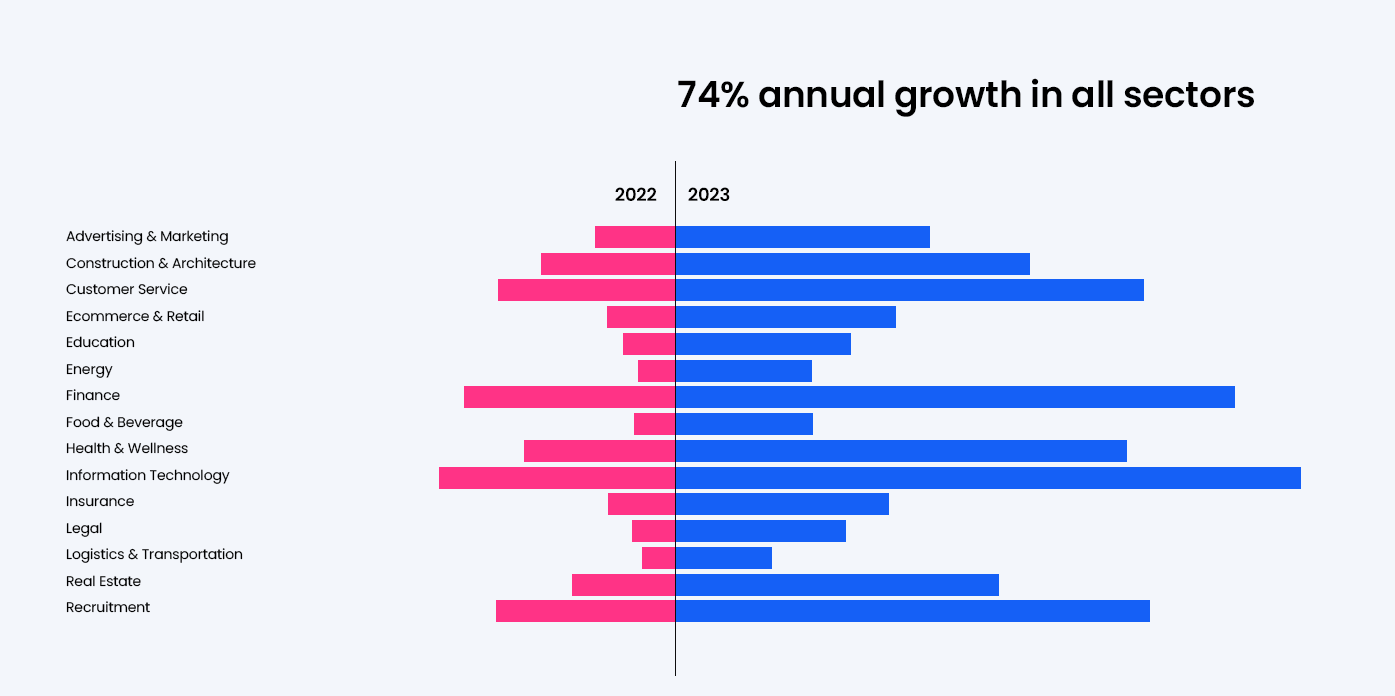
4. Collaborative AI
As I’ve mentioned above, the future of work is characterized by collaborative interactions between humans and AI systems. By leveraging human creativity and intuition alongside AI’s analytical capabilities, organizations can drive innovation and problem-solving to its advantage. A research by McKinsey suggests that AI-augmented collaboration could increase productivity by up to 30%.
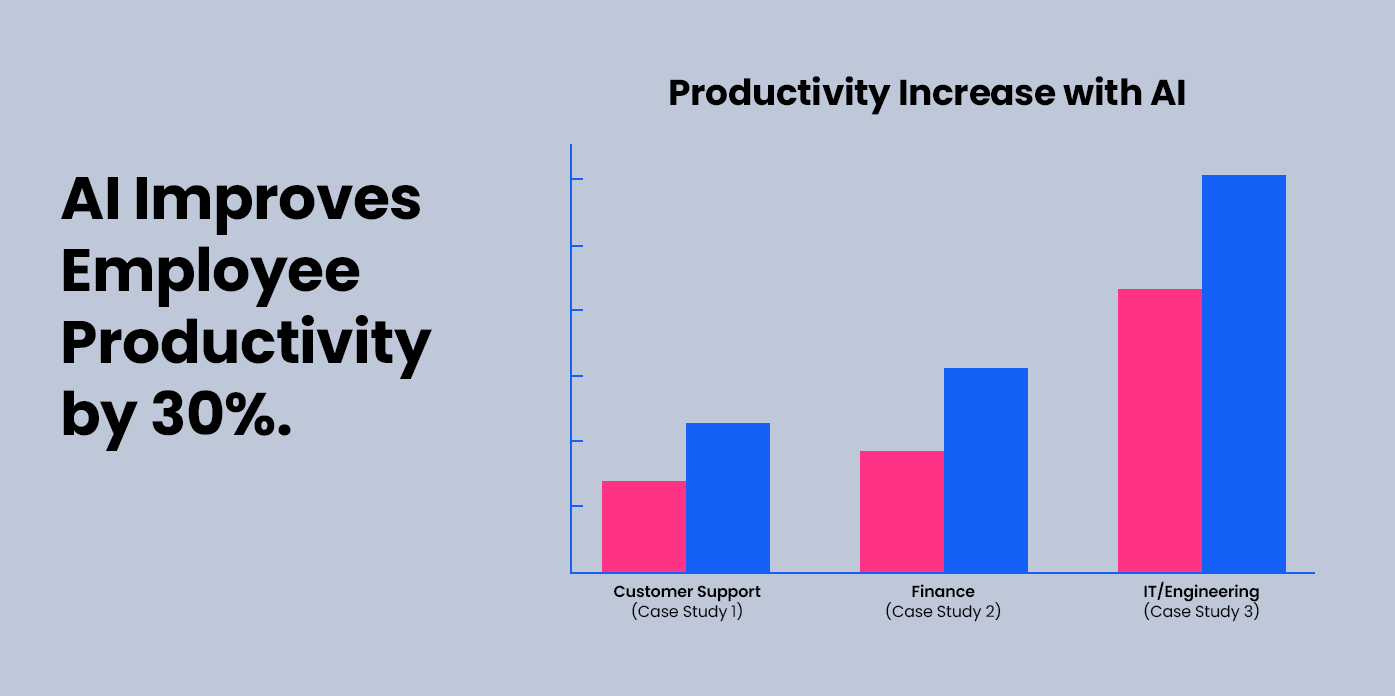
5. Ethical Considerations
Ensuring accountability and transparency in AI systems builds trust and reduces potential biases. It’s imperative to highlight that organizations must prioritize ethical AI frameworks to foster responsible AI adoption.
Addressing ethical considerations and societal impacts is significant as AI technologies become more pervasive. Indeed, it is safe to say that people + technology can greatly create a big difference today, tomorrow, and in the years ahead.
Are you ready to leverage the power of AI responsibly for a brighter future? Let’s collaborate and innovate together! Also, feel free to subscribe to our YouTube channel, AIPoweredPeople and ring the notification bell to stay updated on the latest AI advancements, expert insights, and innovative solutions.




